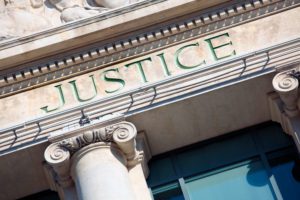
Federal circuit courts have concluded that routine administrative procedures such as the statutory disqualification, excusal, or deferral of prospective jurors are not part of the true jury empanelment process and thus not a critical stage of the trial during which the parties and counsel must be present. The Court agrees. Defendant fails to provide a persuasive reason why he was entitled to be present and represented during the process of statutory qualification, excusal, and deferral set in place long prior to the pandemic. Further, defendant fails to articulate what vital information he and counsel may have gleaned from participation, given that disqualifications, excusals, and deferrals precede the revelation of any case-specific information. Nor does the Court see why an excusal based on COVID-19 should be distinguished from one based on — for example — impending surgery. The Court joins courts from other states in concluding that the pre-voir dire process of disqualifying, excusing, and deferring prospective jurors is not a stage at which defendants and counsel are entitled to be present.
The dynamic with this issue is similar to the dynamic involved with prosecutor’s failure to preserve or disclose discovery. The Court puts the burden on the defense to demonstrate that the missing information would have been helpful to the defense. However, without the information, it is impossible to do so.